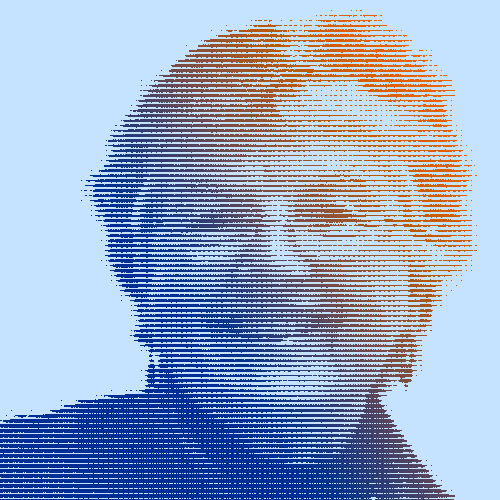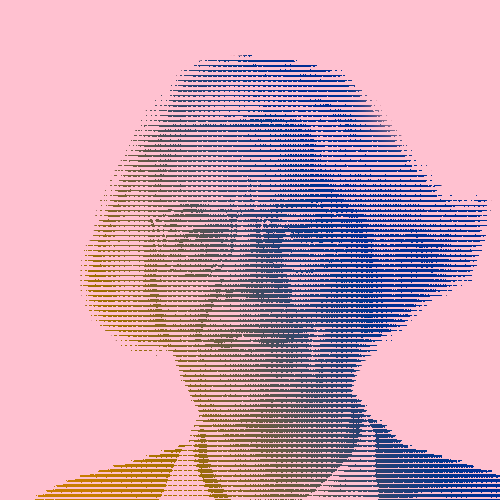Frances Elizabeth Allen, (1932–2020) was an American computer scientist and the first woman to receive the A.M. Turing Award (2006). She made fundamental contributions to the theory and practice of program optimization and compiler construction over a 50-year career.
Allen received a bachelor’s degree in mathematics from Albany State Teachers College (now the State University of New York, Albany), took up teaching, and then got a master’s degree in mathematics from the University of Michigan. Upon graduation, she joined IBM’s Thomas J. Watson Research Center to teach staff scientists the new computer programming language FORTRAN. She intended to earn enough money to pay back her student debt and go back to teaching but ended up spending her entire 45-year career at IBM.
Unleashing Computer Superpowers
During the 1960s, Allen managed the compiler-optimization team for IBM supercomputers, such as the IBM 7030 (known as Stretch) and its code-breaking coprocessor IBM 7950 (known as Harvest), ordered by the U.S. National Security Agency. Much of her subsequent work focused on efficient computer programming for multiprocessing systems, especially her work with the Parallel TRANslation Group (PTRAN), which she founded in the early 1980s.
The convergence of computing, communications, and digitization of information is letting us create new solutions in new ways. Computer languages and their compilers are a key to making this work.
She worked with fellow researcher John Cocke to write a series of seminal papers on optimizing compilers and improving the efficiency of machine code translated from high-level languages — introducing many of the abstractions, algorithms, and implementations that laid the groundwork for automatic program optimization technology still used today. From 1980 to 1995, Allen led IBM’s work in developing parallel computing to obtain faster results using multiple processors simultaneously.
In recognition of these contributions, she became the first woman to be named an IBM fellow (1989). Further career highlights include receiving the Augusta Ada Lovelace Award from the Association of Women in Computing in 2002 and the Turing Award in 2006. Upon retiring, she continued to actively encourage women and girls to take up careers in science and computing.
Key Dates
-
1970
From New York to Stanford
Frances E. Allen spends a sabbatical at New York University where she then acts as adjunct professor for a few years. Another sabbatical takes her to Stanford University in 1977.
-
1971
Transformations
Allen co-writes “A Catalogue of Optimizing Transformations” in 1971, which identifies and discusses many of the transformations commonly used today.
-
2006
The Turing Award
Allen is given the Turing Award in recognition of her contribution to high-performance computing.




